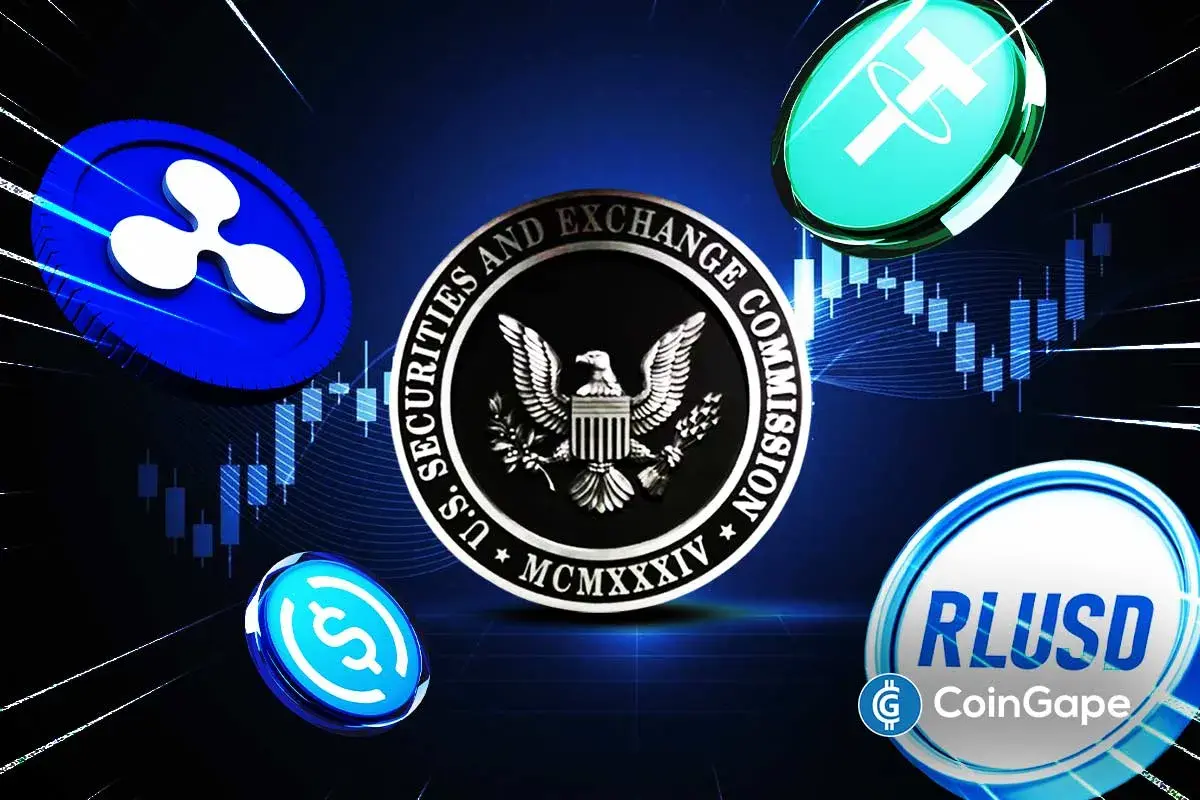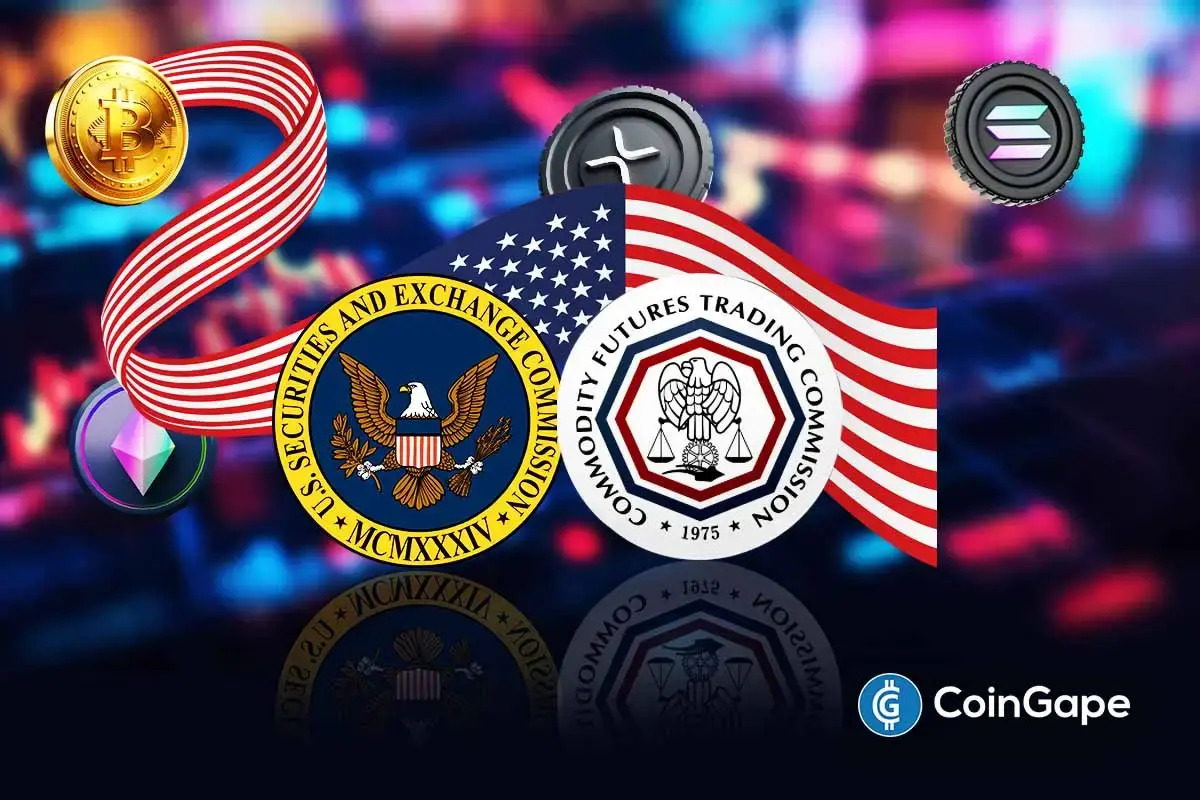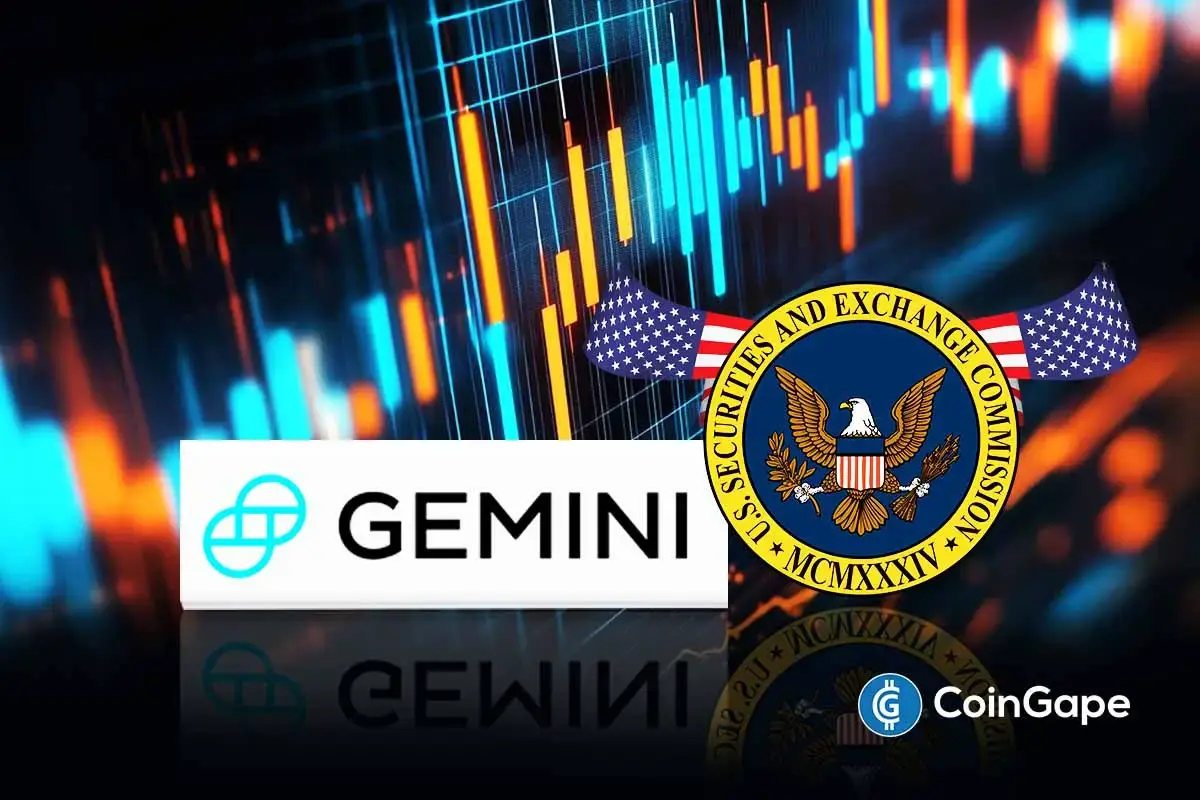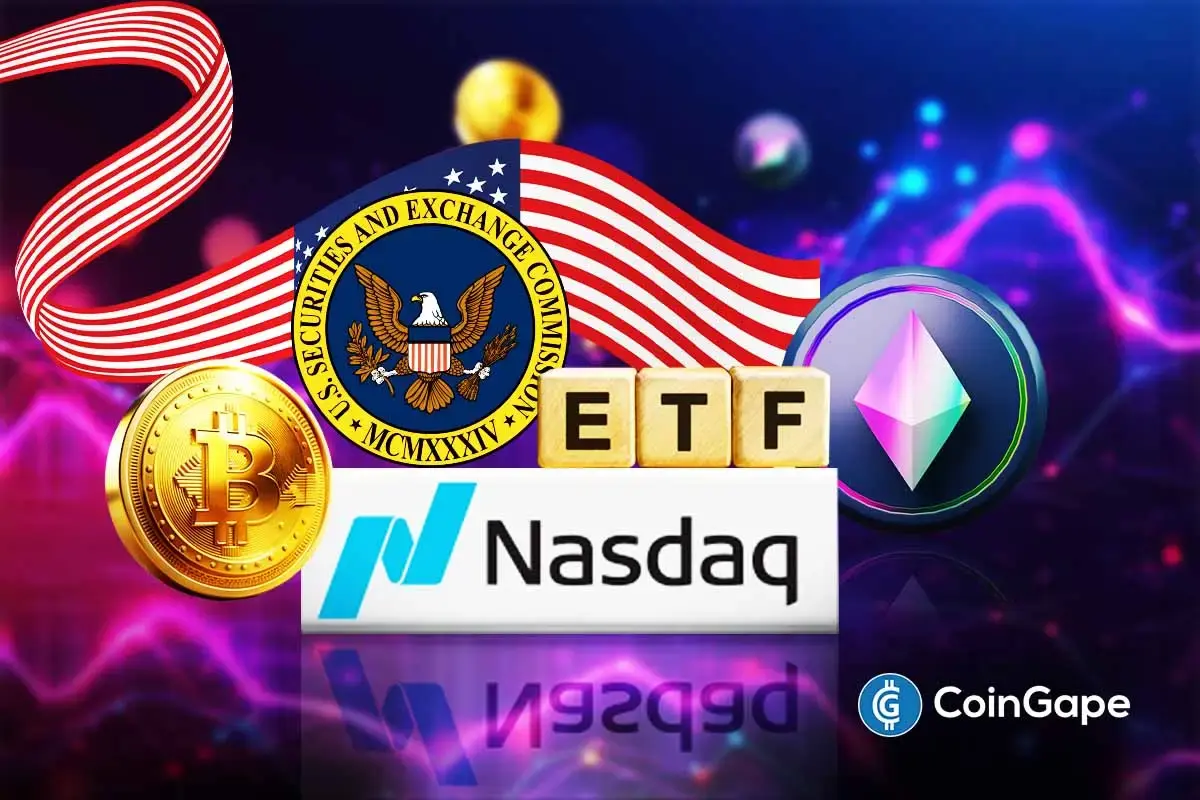SEC Comm’r Hester Pierce Believes Regulating DeFi Would Be Challenging

Hester Pierce, the SEC commissioner in a recent interview claimed that they are actively following the decentralized finance(DeFi) space. She assured that SEC is continuously working to ensure the nascent industry is regulated by the rule of law. However, Pierce also revealed that the SEC is finding it quite difficult to regulate the decentralized finance (defi) which exploded over the past year growing in popularity as well as demand. Pierce explained that Defi space is quite decentralized which makes it quite complex to bring under any regulatory guideline. She explained,
It’s going to be challenging to us because most of the way we regulate is through intermediaries and when you build something that’s decentralized, there’s no intermediary,” Peirce said. “It’s great for the r resilience of a system. But it’s much harder for us when we’re trying to go in and regulate to figure out how to do that.”
Pierce is popularly known as “crypto mom” because of her better understanding of the decentralized space compared to her colleagues is quite a popular figure in the crypto space.
Pierce Suggest “Safe Harbour” Approach For Assets
Defi works on top of the Ethereum blockchain and has found hundreds of use cases over the past year governed by various protocols and smart contracts. Defi ecosystem is also considered to be highly decentralized, one of the key reasons behind SEC’s difficulty in regulating the key market. The SEC commissioner suggested a safe harbor approach for projects and assets that currently can’t be brought under the umbrella of regulation.
Pierce suggested that such projects should be given a 3-year time so that within that period it would become more clear on which security law that asset could be defined under.
In absence of such a safe harbor period, it becomes nearly impossible for a new project or asset to flourish and develop.
Pierce’s comment should also ring a bell for the stakeholders of the defi markets as the SEC is closely monitoring their ecosystem, thus they must ensure that the ecosystem does not promote or fall prey to projects which could bring them under the scrutiny of authorities. The ICO era of 2017 was also seen as a revolutionary way of fundraising, however, the growing number of scams lead to its total prohibition in many countries, and subsequently, the trend died in 2018.
- Expert Says Bitcoin Now in ‘Stage 4’ Bear Market Phase, Warns BTC May Hit 35K to 45K Zone
- Bitcoin Price Today As Bulls Defend $65K–$66K Zone Amid Geopolitics and Tariffs Tensions
- XRP Realized Losses Spike to Highest Level Since 2022, Will Price Rally Again?
- Crypto Market Rises as U.S. and Iran Reach Key Agreement On Nuclear Talks
- Trump Tariffs: U.S. Raises Global Tariff Rate To 15% Following Supreme Court Ruling
- Shiba Inu Price Feb 2026: Will SHIB Rise Soon?
- Pi Network Price Prediction: How High Can Pi Coin Go?
- Dogecoin Price Prediction Feb 2026: Will DOGE Break $0.20 This month?
- XRP Price Prediction As SBI Introduces Tokenized Bonds With Crypto Rewards
- Ethereum Price Rises After SCOTUS Ruling: Here’s Why a Drop to $1,500 is Possible
- Will Pi Network Price See a Surge After the Mainnet Launch Anniversary?


















